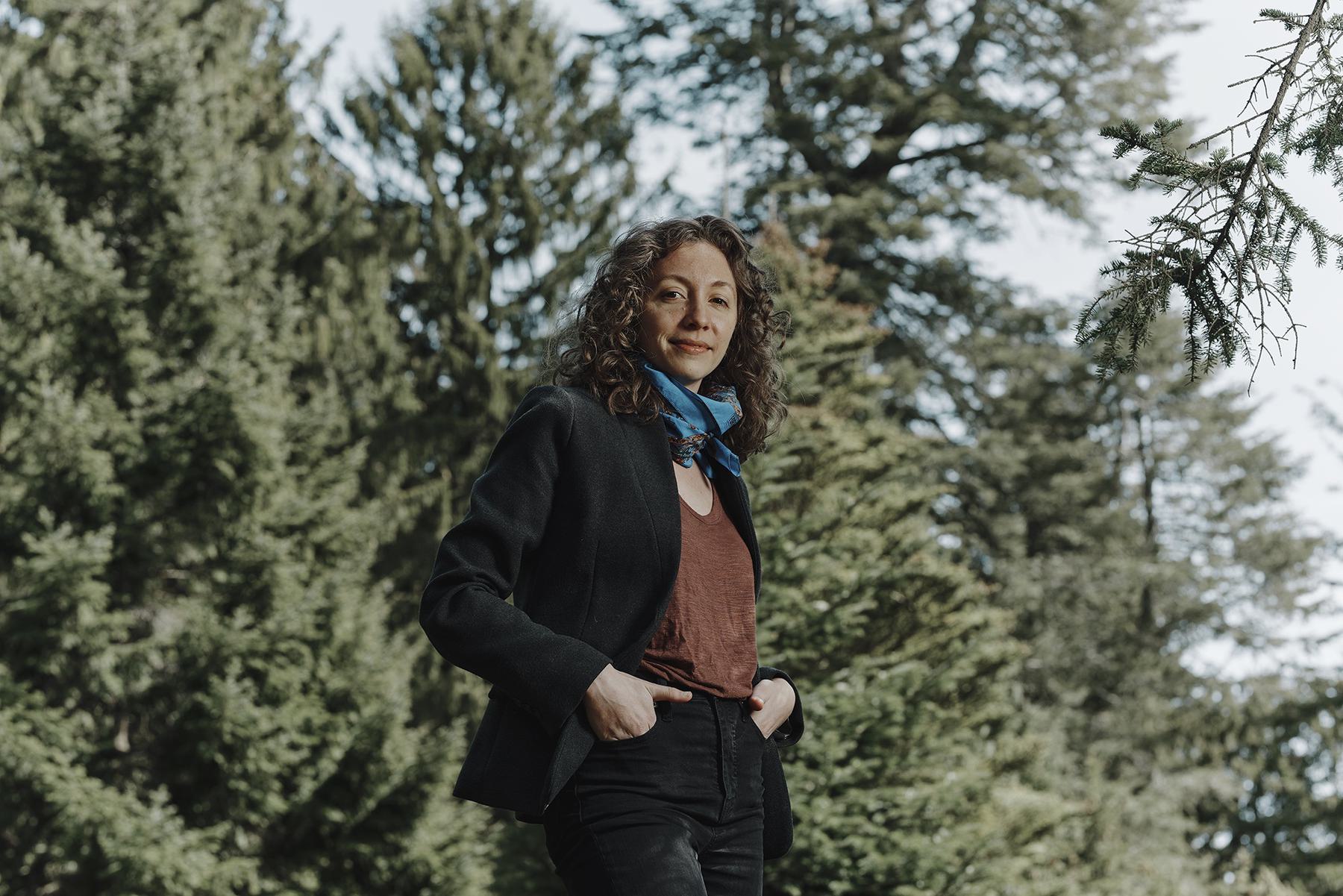Biomanufacturing of tree and plant products for supply surety and to prevent deforestation.
The aggregate numbers are startling: in roughly the last thirty years, the planet has lost more than 500,000 square miles of natural forests, an area about two and a half times the size of France. An estimated 15.3 billion trees are net-lost each year—at this rate, the world’s forests would disappear in a century. That is an eventuality humans cannot afford. Trees are an economic, social, and environmental necessity. Forests and their soils store 45% of organic carbon on land, and wood products serve as an environmentally preferable alternative to petroleum-based plastics and carbon-heavy steel. The preservation of forests is essential, but growing demand for their products is straining an already receding supply. We need new sources—or new strategies.
Foray, a startup founded by Ashley Beckwith based on her PhD work in Mechanical Engineering at MIT, seeks to generate the wood and forest products we need, without cutting down a single tree. Just as lab-grown meat has proven its commercial viability, Foray is developing a platform to bioengineer an expansive range of plant-based products, that can be cultured and grown to order.
Early anticipated markets include high-value rare wood products, like oils and resins. Rather than cultivate and destroy an entire tree to yield as little as half a liter of usable product, Foray’s bioreactors will grow only the useful parts. “When we have this discrepancy in total plant matter versus target product, that’s where we can make a huge impact,” says Beckwith. As its development and manufacturing processes improve, Foray plans to expand into lower-value, higher-volume plant-based products, such as the dissolving cellulose pulp used in textiles and paper, a $165 billion global market. Eventually, Foray aims to hone culturing techniques that can replicate the macro-structures of commercially useful woods. Beckwith envisions eventually growing plant cells in the shapes desired, like Jello in a mold. “Wouldn’t it be better if we could just grow wood in the shape that we needed, without having to grow and then remove all the extraneous bits?,” she says.
The environmental benefits are profound. Trees are a slow-growing crop with enormous variability. They are susceptible to climate changes, pests and diseases. The supply-chain of plant-based products is often extremely localized, with certain trees growing only in certain regions, leading to uncertainty and price inconsistency. And logging itself is energy intensive. But cultured plant cells are resilient and efficient. They can be produced anywhere in the world without impacting natural species, maintaining animal ecosystems and promoting biodiversity. They can leave untouched the older, larger trees that sequester the most CO2. And the desired products require less energy to extract.
Foray is pioneering this lab-grown strategy. Despite the fact that plant cultivation is a bedrock of civilization, it has focused on the mechanisms of the whole plant; plant-cell cultivation remains novel. Even compared with the bioengineering of animal tissue, which has garnered scientific interest for fifty years, engineering of plant cell cultures has been mostly overlooked. Only recently have scientists begun to explore the possibilities that arise when studying plant cell development, with an eye towards controlling production. Using Beckwith’s PhD research as a launching point, Foray is building a biological library– cataloging, collecting and optimizing growth strategies for woody species. Foray is concurrently developing a toolkit of novel mechanisms for guiding cellular plant growth, using both external factors (like the cell culturing environment) and internal ones (like plant genetics).
“With a growing baseline of understanding plant cells and their responses, we can increasingly modify them to elicit particular behaviors,” says Beckwith. “We are providing direct instructions on how the cells should develop, so they don’t just grow into the natural whole plant, but instead generate only the parts that are useful for a particular application.” Foray’s growing fluency at producing specific mechanical, physical and chemical properties can then be tuned towards the needs of commercial plant products.
The potential paradigm shift is profound. Gardeners and farmers influence the growth of a plant by providing it with the best possible environmental conditions; but ultimately, nature gives the instructions, shaping what the plant becomes. Foray reaches deeper into the growing process, using biology’s natural machinery to exert finer—and ultimately more efficient—control. “We’re gardening on the cellular scale,” says Beckwith, ”using cells as building blocks to grow what we need.”

